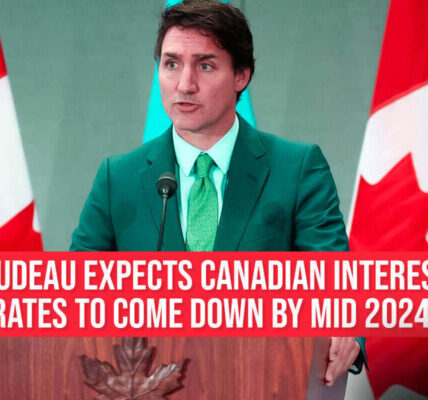A voluntary code of conduct for the use of advanced generative AI, driven by OpenAI, has been released by Canada. As technology advances, self-imposed safety measures are designed to foster trust and safety. The effort has attracted executives from a dozen Canadian companies and organizations, including BlackBerry, OpenText, and Telus.
In the whitepaper, safety measures that businesses can take when utilizing advanced generative AI are described, including examining datasets for potential biases and looking for instances of “malicious use of the system.” The six guiding principles of equity, openness, and human monitoring are all upheld by the measures.
In response to both excitement and concern over the endless scope of AI growth, the federal government unveiled a policy in June that takes a more fundamental approach to safeguards surrounding machine learning and leaves details for a later date. Bill C-27 won’t go into effect before 2025, according to Ottawa.
Although progress is still too sluggish, Yoshua Bengio, a pioneer in artificial intelligence, said the legislation puts Canada on the right route. He urged governments to start keeping an eye on particular developments in the AI industry, such as the acquisition of graphics processing units.
To ensure the secure development and implementation of deep learning systems, more government funding for research and security services is necessary, as is the creation of international and national monitoring agencies.
The Artificial Intelligence and Data Act, introduced by the Liberals and condemned by some legal experts as being overly unclear, established a framework for moral AI development that tries to adapt to the ongoing advancement of technology.
In addition to outlawing “reckless and malicious” AI use, the proposal would also establish oversight by a commissioner and the industry minister and impose financial penalties. It is a part of a wider bill on protecting consumer privacy and data.





